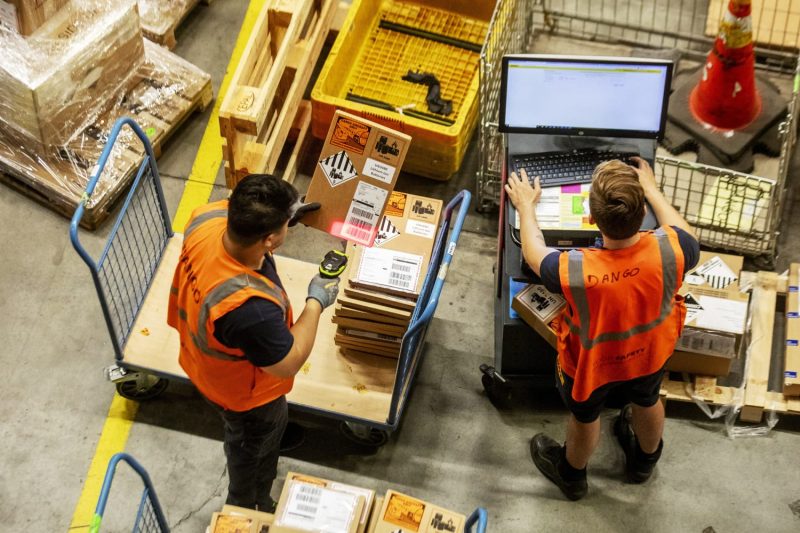
The Domino Effect: How One Failure Can Collapse the World’s Commerce Web
In a world interconnected by a delicate web of global commerce, the repercussions of a single failure can reverberate far beyond its initial impact. Such failures have the potential to disrupt supply chains, destabilize markets, and lead to significant economic consequences. The recent incident involving the Suez Canal and the Ever Given container ship serves as a stark reminder of how vulnerable our global trade network can be to unforeseen disruptions.
At first glance, a massive ship getting stuck in one of the world’s busiest waterways may seem like an isolated event. However, the implications of this incident quickly became apparent as a backlog of hundreds of ships accumulated on either side of the canal, disrupting the flow of goods and causing delays with far-reaching consequences. The Suez Canal is a vital artery for global trade, with around 12% of the world’s trade passing through it each day. The obstruction caused by the Ever Given led to a halt in shipping traffic, affecting industries ranging from oil and gas to consumer goods.
The fragility of the global supply chain was laid bare as companies around the world scrambled to mitigate the impact of the blockage. Delays in shipments led to shortages of essential goods, increased costs, and uncertainty for businesses reliant on just-in-time inventory management. The incident highlighted the importance of risk management and contingency planning in an increasingly interconnected world where disruptions in one region can have widespread repercussions across the globe.
Moreover, the Ever Given incident underscored the reliance of global commerce on a few critical chokepoints and infrastructure, such as the Suez Canal and other major shipping routes. The concentration of trade through these key passages heightens the vulnerability of the entire system to potential disruptions, whether caused by human error, natural disasters, or geopolitical tensions. It serves as a wake-up call for stakeholders to diversify transportation routes and invest in infrastructure resilience to avoid being overly reliant on a fragile network susceptible to single points of failure.
As the world becomes more intertwined through trade and commerce, ensuring the stability and resilience of the global supply chain is paramount to sustaining economic growth and prosperity. The Ever Given incident serves as a stark reminder of the complex interdependencies that underpin the global economy and the potential ripple effects of a single failure. Moving forward, it is essential for stakeholders to learn from such disruptions, build greater flexibility and redundancy into supply chains, and foster collaboration to address the vulnerabilities inherent in our interconnected world.否
